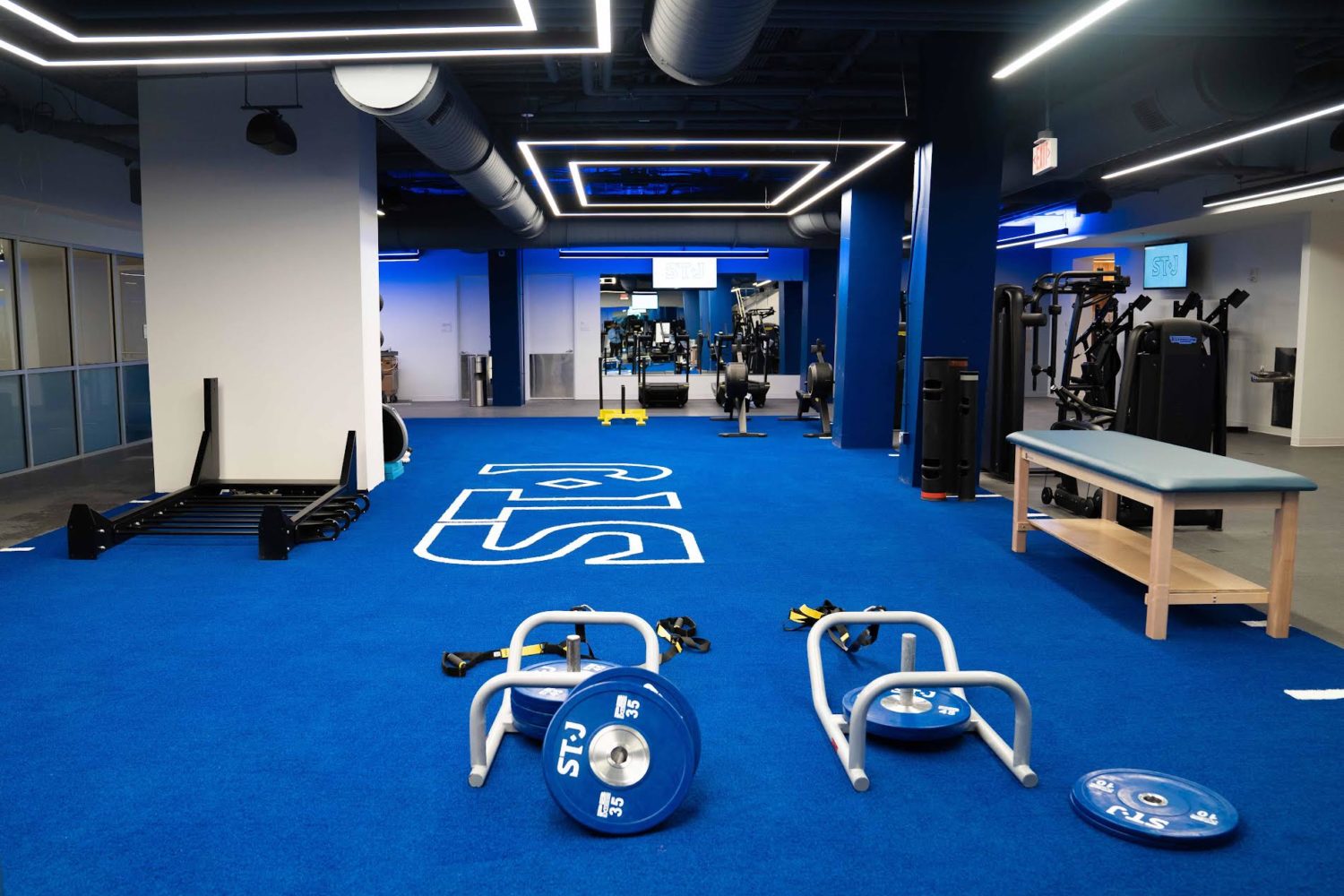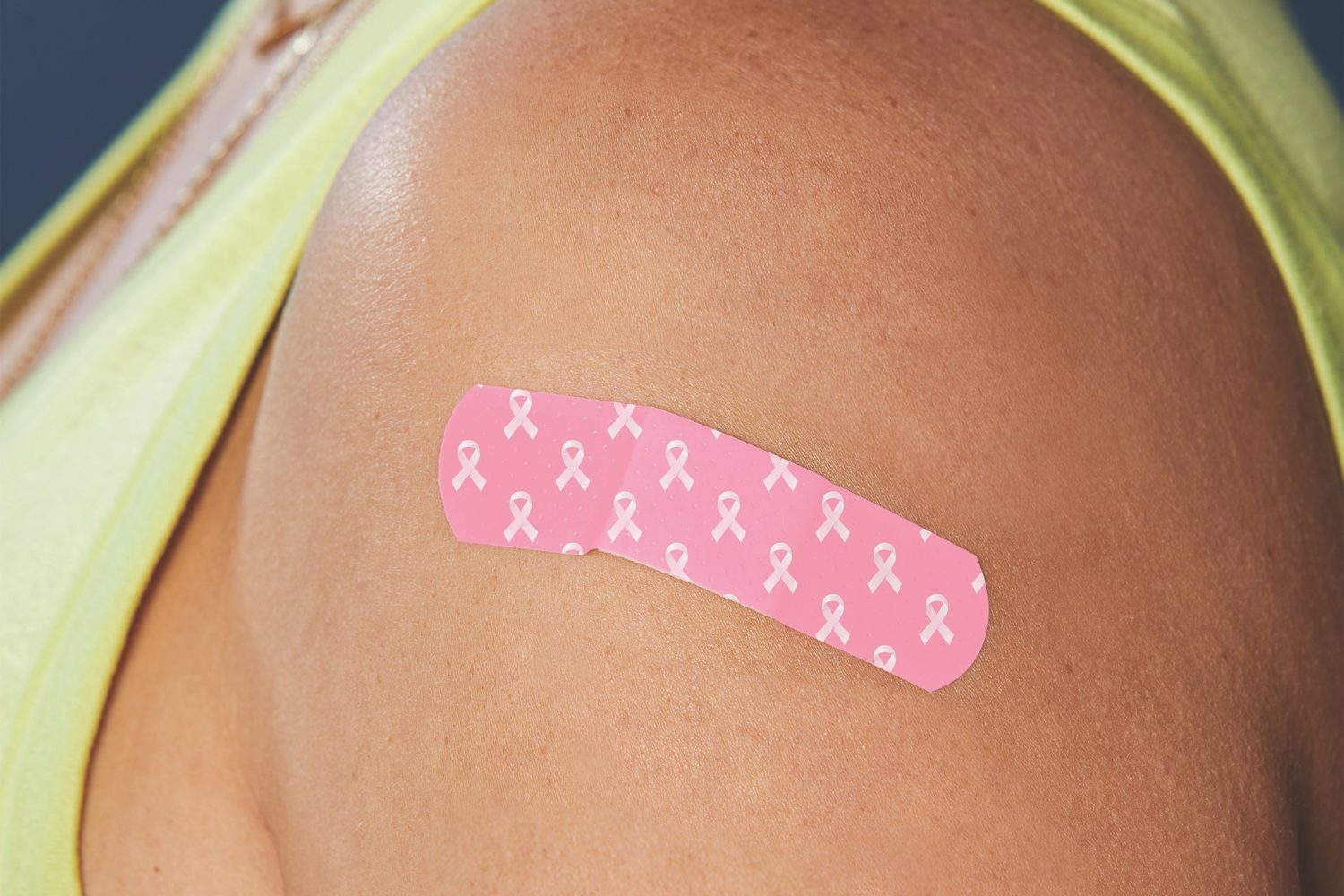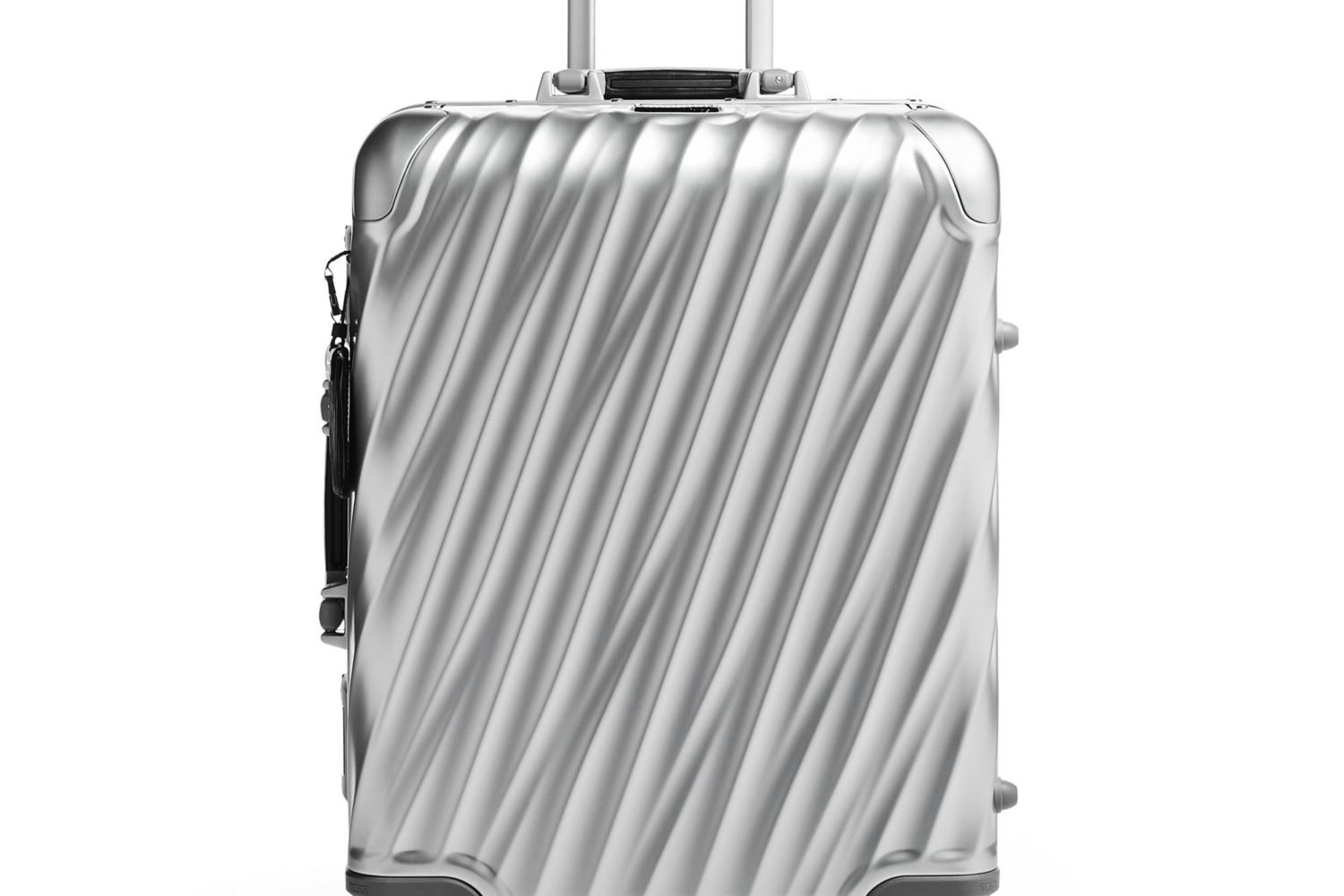National editor Ken Adelman (adelmank@aol.com) has been conducting What I've Learned interviews since 1988.
"They're horrible diseases," says Babette Wise. "We're talking about life or death." She isn't referring to cancer or AIDS but alcoholism and drug addiction.
"I've never seen an alcoholic become a moderate drinker," says Wise, director of Georgetown University Hospital's Alcohol and Drug Abuse Clinic. "Not once. Some years ago, I met a woman who formed a movement advocating 'moderation management.' She got in a car accident while drunk and killed a child."
Wise was born in DC in 1949, a fifth-generation Washingtonian. Her father was in the uniform business, her mother a homemaker. She graduated from DC's National Cathedral School and majored in elementary education at Northwestern University.
After college, she taught in the DC public schools. While directing a federal research project on how to mainstream students with behavior problems, she earned a master's degree in special education from George Washington University and another in social work from Catholic University.
"I've had people close to me with these diseases," says Wise, an assistant professor in Georgetown's Department of Psychiatry. "I entered the field after teaching, since I had became more interested in mental health. I met a Georgetown psychiatrist, Dr. William E. Flynn, who was starting to work with alcoholics. He made a gigantic impact on my life."
Flynn and Wise opened Georgetown's clinic 24 years ago and developed treatment programs. Today, in addition to counseling patients, she runs workshops and presentations for doctors, nurses, and social workers and teaches patient-interviewing skills as well as psychiatry courses.
Wise lives in Chevy Chase with her husband, Howard A. Denis, a Montgomery County Council member. Her stepdaughter, Corey, lives in San Diego and is head of marketing for a record company. In Wise's office at Georgetown, we talked about what she's learned.
What are the signs that someone's an alcoholic?
First, increasing use–the person needs more alcohol for the same effect. Then problems arise in at least one of four areas–relationships, work or school, health, or the law.
I see mostly relationship problems. Couples grow apart and lack intimacy. Even in counseling, if the person's still drinking they won't get anywhere.
That's one of my concerns with the mental-health profession. Too many therapists counsel couples with a spouse who's still drinking. They don't realize that won't get anywhere. Some psychoanalysts feel that if they can keep the patient in therapy for years, talking about what happened when he was three, he'll eventually stop drinking. It doesn't work that way. The couple must deal with the drinking first. Only then is real counseling possible.
I saw a man who'd been in analysis for ten years, five days a week. He got no better because he just kept drinking. And he couldn't process the therapy anyway–he'd leave the sessions and drink. It was a waste of time and money.
What's the worst type of addiction–alcohol, prescription drugs, or narcotics?
They're equally bad. Drug use involves more legal problems. We're seeing more prescription-drug addiction. We need to educate doctors better. We're doing that at Georgetown.
Yesterday I taught second-year psychiatry residents about addiction. The best way to teach this is by bringing in a highly functional alcoholic or addict who's been okay for a few years. After she tells her story, the residents say "Wow!"
We send our entire first-year medical-school class–some 165 students–to AA meetings around town. The best way for future doctors to learn about the disease is from the real experts. And those are found at AA meetings.
What works for recovery?
A Twelve Step program is essential. Alcoholics and addicts need other people to help their recovery. They can't do it alone or with just a counselor.
A recovering alcoholic knows the tricks better than I can ever know them. He can tell when someone in the group is lying or pulling a fast one. And seeing someone who's stayed sober–through the holidays and the hardships of life–is inspiring to a new member.
Going to your first AA meeting is frightening. I've never had one person say, "I can't wait to go to an AA meeting." No one wants to go. I say, "You must go. It has the best track record. If you were diabetic, you'd need to inject yourself with insulin daily. You wouldn't like it, but it would enable you to live."
Most people, at first, also need to see a therapist or a doctor familiar with the disease. Some must break out of their environment–go somewhere for 28 days.
After those 28 days, some can't go home. They'd be going back to the same dysfunctional environment. They're not strong enough yet. Some need more extensive treatment–three months to a year in a halfway house.
Where do they go?
Around here, some go to Father Martin's Ashley in Havre de Grace, Maryland. There's the Hazelden Center in Minnesota, the Betty Ford Center in California. Many go to the Kolmac Clinic, an intensive outpatient program with three locations in the Washington area.
What percentage get cured?
Maybe half of those I see. But those have already made the decision to come here and try. That's a mighty step.
All of them must stay in a recovery mode the rest of their lives. They need to be continuously vigilant. They must think about the disease every day. Complacency leads to relapse. Those who relapse have gotten away from the acceptance of their disease.
And someone who's been sober for 20 years . . .
. . . is still a recovering alcoholic or addict. He's never cured, not even recovered. He's recovering. People can slip after 20 years or more of total abstinence.
One gentleman moved here to manage a political campaign. He'd been sober for 12 years, but he got away from his meetings and his vigilance. He went out to dinner and ordered one glass of wine, then another glass the next week. Within two weeks, he'd begun the progression.
You're saying that in substance treatment, there can be no moderation?
Right. Abstinence is the only way. My patients ask, "I can never have a drink again? Not even at my daughter's wedding?" I tell them, "Don't worry about that wedding. Just worry about today."
My patients feel freer when they've made that critical decision–that drinking is no longer an option. They don't have to decide, "Am I going to drink today?" If it's not an option, it eliminates more decisions.
You advocate cutting off relationships when loved ones are abusing substances and not getting help. Doesn't that seem cruel?
It does. But it's more cruel to watch them ruin their lives–or die. To me, cutting them off is the kindest thing to do. That's how most people go into treatment–someone they love has drawn a line in the sand.
Maybe 2 percent of those I counsel decide on their own to stop drinking or taking drugs. More often they need an outside force to break through their denial. Practically nobody decides to stop drinking on their own. Why should they? It feels too good.
Should parents stop funding their kids who are substance abusers?
Absolutely. I realize that many parents around Washington want their child to get that college degree, so they resist doing this. But if the child is drinking or smoking pot through college, what will he get out of the education anyway? It's better to get sober and then really benefit from college.
How about husbands and wives? Should they kick their spouses out?
Yes. I run group sessions for spouses, and I advocate precisely that. One patient had a husband with a physical disability. She considered it impossible to kick him out. But she warned him that if he didn't get into treatment, they'd "no longer be friends." That was very powerful.
Spouses must take dramatic action–move out, never go to a party or movie with them, move out of the bedroom.
A tough approach is the only one that works. I've had adult children turn resentful that their parents didn't draw that line. They feel that might have saved them.
To abusers, words mean nothing. Only actions do. No alcoholic or addict believes you're serious until you refuse to board that plane to accompany them on vacation or get in a car with them.
Expect the alcoholic to be furious. That happens initially toward the spouse, and then toward me. How could we be so mean? But down the road, they thank us. A young woman I knew tracked down the policeman who had arrested her years before to give him a hug–because that's what had gotten her into treatment.
How does a group intervention work?
This technique was developed by Dr. Vernon E. Johnson to create a crisis for the alcoholic or addict. First, a spouse or close family member tells the person he must stop. Then the loved one or colleague gets another person, and the two of them confront the alcoholic. Finally a group goes–a spouse, child, colleague, friend, boss–and together they confront the addict.
Going around the room, each one explains how the person's drinking has affected his or her life. Then, in a compassionate manner, the threat comes: Unless the person enters treatment, the loved one will leave the house, not come home at Christmas, not go to parties or vacations with the addict, fire him–whatever.
This is a good technique so long as it's carefully organized and contains real threats. It must be scripted ahead of time, and it's best done with a professional's help.
How effective is it?
It doesn't always work for the alcoholic, but it's very important for the loved ones. After an intervention–which is really hard to do–they feel they've done everything possible to save the person. It's the last resort. I've guided many such interventions and seen a number of them work. One involved three generations.
Explain how an alcoholic's denial works.
Alcoholism's a disease. It wants to keep going. It changes your brain cells, which long for this nourishment. The body will do anything to get it.
The disease convinces you there's no problem–"I'm still doing well at work. I still have a family." Especially in Washington, alcoholics may be highly functional.
Their problems start in the family and only get to the office after a while. Meanwhile, the person still makes a couple of hundred thousand dollars a year. Everything's fine–so they think.
Doesn't calling this a disease relieve the alcoholic of responsibility?
No, but there is a strong genetic component. Two-thirds of my patients have a close family member with the disease. So they're born with the predisposition for it. Their body chemistry is different–they can't process alcohol like others do.
There's a progression. The alcoholic starts drinking like everybody else, in high school or college. Then he drinks more than others but is still functioning. An alcoholic can have six or seven drinks without others noticing.
Problems then start to arise. A student starts missing class, not waking up on time, having problems with friends, having blackouts–periods where they don't remember what happened. They're waking up with someone and don't know how they got there or who this other person is.
In later stages, physical problems come–sometimes reversible, sometimes not. Liver disease, for instance–after a certain point the liver cannot improve.
Can medication help?
Somewhat, in the early withdrawal period. Someone who's drinking a fifth of vodka daily and simply stops could die. He needs medication to get through that withdrawal. Many early in withdrawal likewise need sleeping medication. Some take Antabuse, which causes a severe reaction if one drinks alcohol.
Talk about substance abuse in Washington.
We have a high rate. For many highly functional professionals, alcoholism is part of their job. Those in law firms and lobbying outfits or working on Capitol Hill are around alcohol constantly. Foreign Service officers do lots of entertaining. They're living abroad, where they know nobody, so they're more at risk.
Washington has the VIP syndrome–a partner in a firm or an official in government with others covering up for him. He's getting sicker and sicker because others depend on his being there.
I see lots of recovery in Washington, too. Every week some 1,700 AA and NA meetings happen around the area.
Don't doctors have a high rate of drug addiction?
Yes, but not a higher rate of alcoholism than the general population. Among doctors, anesthesiologists have the highest drug-addiction rate, since they come in closest contact with narcotics.
At Georgetown we work closely with the impaired-physicians program of the Medical Society of the District of Columbia. It guides and advises physicians, makes recommendations for treatment, closely monitors progress, and does drug testing if necessary. We don't hide the problem at all.
What have you learned overall about substance abuse?
That it's highly treatable. That people need others in their lives to be treated.
I look at this disease as an inverse triangle. Alcoholics start out with full lives. Gradually, there's less and less–to the point where their lives become the bottle. Once they stop drinking or taking drugs, their lives begin to open up again. In that opening process, they must have other people. Relationships are the only things that can fill that emptiness left by the bottle's removal.
AA meetings give out chips for staying sober for certain periods–30 days, six months, a year, 20 years. But the person who gets the largest applause and biggest hugs is the one who gets a 24-hour chip. That person has stayed sober for one day! That's huge–worth more than any other chip.
What are your lessons of life?
That it's essential to have a community, especially for recovery. If you can't have a great relationship with your biological family, you need to create another family–of friends.
That it's crucial to enjoy each day. To get balance in life and not work all the time. I'm blessed to have found work I love.
I've learned you must never give up. Some people need four, five, or six attempts at recovery before they get it. If I didn't believe in change, I couldn't do this work. I've seen people in their eighties stop drinking because they wanted a better life.
I've learned it's critical to take the cotton out of your ears–to listen to and heed what others say.
I've heard a lot as a guest at AA. In an AA meeting you see an elected official and garbage collector listening carefully to each other. They'd never know each other without this program.
My patients have helped me understand the importance of both a spiritual life and humor in recovery. We laugh in our group sessions here, and there's lots of humor at AA meetings. This laughter contributes to the feeling of community, the joy of life in recovery.


















